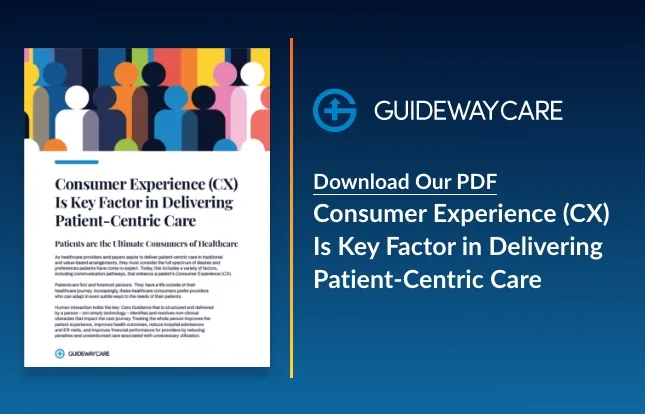Elevating Care Coordination: A Comprehensive Guide on Interoperability

In the ever-changing healthcare landscape, improving care coordination in primary care has become a focal point. The need for seamless communication among various departments is more crucial than ever. This article aims to shed light on how interoperability can be a game-changer in achieving improved care coordination among departments.
The Imperative for Interoperability
Healthcare has evolved, and so have the challenges. With a rising number of Americans suffering from multiple chronic conditions, the need for specialized care has surged. Interoperability not only enhances efficiency but also lowers administrative costs and minimizes errors. It’s not merely a technological upgrade—it’s a necessity for how to improve care coordination.
Read more: The Importance Of Interoperability In Healthcare
Practical Steps for Enhanced Coordination
- Data Analysis: Utilize your healthcare software to understand referral trends. Diversify your referral sources; don’t just stick to the same hospitals or nursing facilities.
- Streamlined Intake: Plan your intake process meticulously. Real-time assessment of capacity issues can be a lifesaver, especially during weekends or evenings.
- Effective Communication: Choose an Electronic Medical Record (EMR) system that offers a family portal. This feature can significantly improve the quality and coordination of care delivery.
The Role of Predictive Analytics
Predictive analytics stands as a cornerstone in the modern healthcare landscape. This technology doesn’t just offer insights; it empowers healthcare providers to make data-driven decisions that can save lives. By studying referrals, it can illuminate patterns that might otherwise go unnoticed. But the benefits extend far beyond that. If you’re aiming for improved care coordination among departments, predictive analytics can be your guiding light. It can pinpoint bottlenecks in your current system, allowing for targeted improvements.
Moreover, predictive analytics can forecast patient needs, enabling proactive care that minimizes hospital readmissions. In an era where administrative costs are spiraling, predictive analytics offers a pathway to efficiency. It can reduce duplication of document errors, streamline administrative tasks, and even alleviate staffing challenges by predicting patient inflow. In essence, predictive analytics doesn’t just improve healthcare—it revolutionizes it.
Your Next Step: Partner With Guideway Care
Don’t overlook the transformative impact that Guideway Care has in the healthcare sector. Their healthcare engagement solution streamlines care coordination, making it an indispensable tool in today’s healthcare ecosystem. If you’re serious about improving care coordination in primary care, this is your moment to act. For those pondering the critical role of hospital management systems, don’t just think—take action. Guideway Care provides compelling solutions that are both innovative and effective. Seize the opportunity to enhance patient outcomes, optimize operational efficiencies, and elevate your healthcare delivery standards. Your next step could redefine healthcare as we know it. Act now!
Interoperability is no longer just a technical challenge; it’s a foundational element for transforming healthcare delivery and improving patient outcomes. By breaking down data silos and fostering seamless communication across platforms, healthcare organizations can provide more personalized and efficient care. For hospitals and health systems, oncology practices, risk-bearing entities, payers, bundle participants, and behavioral health providers, embracing interoperability isn’t just about compliance—it’s about empowering care teams, enhancing collaboration, and driving better results. The time to prioritize interoperability is now, as it paves the way for a connected and patient-centered future in healthcare.
Contact Us Today To Learn How We Can Help
"*" indicates required fields




